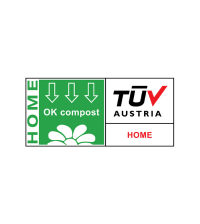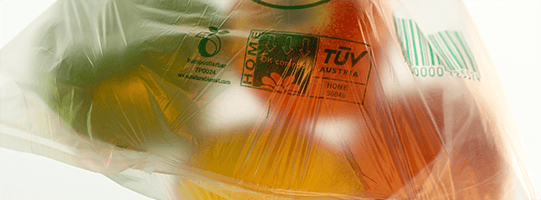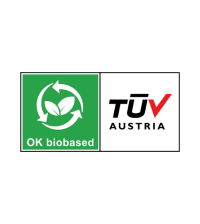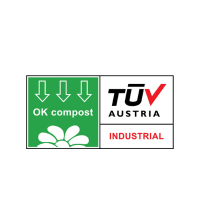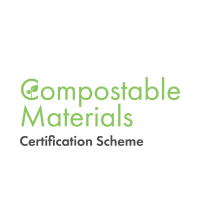Solution: OK biodegradable
Solution: OK biodegradable
TÜV AUSTRIA Certification Scheme: OK biodegradable
Biodegration
There is more than meets the eye in “biodegradation”! An entire army of microorganisms attacks the material to be broken down and the army differs according to the environment (the specific temperature, moisture content, pH, supply of oxygen, etc.) where biodegradation occurs.
A product’s application determines the ideal biodegradation environment. Accordingly, Belgium has already introduced a law to decide that packaging may not be presented as biodegradable. After all, the idea is not to have packaging spread around on a massive scale like litter because it is “biodegradable”. TUV AUSTRIA’s specialists support the idea of this legislation – applied only in Belgium for the time being – and are able to specify the correct biodegradation environment for your products thanks to their verification marks.
In order to avoid any misleading communication, the Certification Committee analyzes each application to verify if the certification of this product is acceptable.
OK biodegradable MARINE
In view of the fact that the majority of marine debris is land-based, marine biodegradability is an added value to any product or packaging, regardless of where it is consumed. There will always be a chance that it will eventually end up at sea. Any supplier who invests in adding this functionality to his product or packaging should have the opportunity of having this information verified according to international standards – though without encouraging the consumer to litter at sea or anywhere else.
OK biodegradable SOIL
Biodegradability in the soil offers huge benefits for agricultural and horticultural products because they can be left to break down in situ after use. The OK biodegradable SOIL label guarantees that a product is completely biodegradable in the soil with no adverse effects on the environment.
OK biodegradable WATER
Products certified for OK Biodegradable WATER guarantee biodegradation in a natural, freshwater environment, and thus make a substantial contribution to the reduction of waste in rivers, lakes or any natural freshwater. Please note that this does not automatically guarantee biodegradation in marine waters.
Is there any difference between “biodegradable” and “compostable”?
People often get “biodegradable” and “compostable” mixed up but they do not mean the same thing. A biodegradable product may be broken down by microorganisms but this does not necessarily imply that the product can be converted into good quality compost.
Biodegradability and compostability rely heavily on the environment where the product is broken down. As each environment (compost, soil, water, …) has different temperatures and microorganisms the speed of the biodegradation process may vary from one site to another.
For example, bioplastics which are biodegradable in an industrial composting plant (the most aggressive atmosphere regime) are not always biodegradable in water or soil, or even in a compost bin in the garden (owing to the lower temperatures).
What tests are required to qualify for an OK biodegradable SOIL certificate?
In addition to a clear and detailed product description, three tests are required:
- test on biodegradation (chemical break down of the polymer)
- test on ecotoxicity (test if the composted product does not exert any negative effect on plants)
- test on heavy metals content
What tests are required to qualify for an OK biodegradable WATER certificate?
- In addition to a clear and detailed product description, the following test is required:
test on biodegradation (chemical break down of the polymer)
Important remark : As heavy metals are submitted to local regulations, it is necessary to verify that the level of heavy metals of this certified product does not exceed the concentrations admitted in the region where it is sold.





